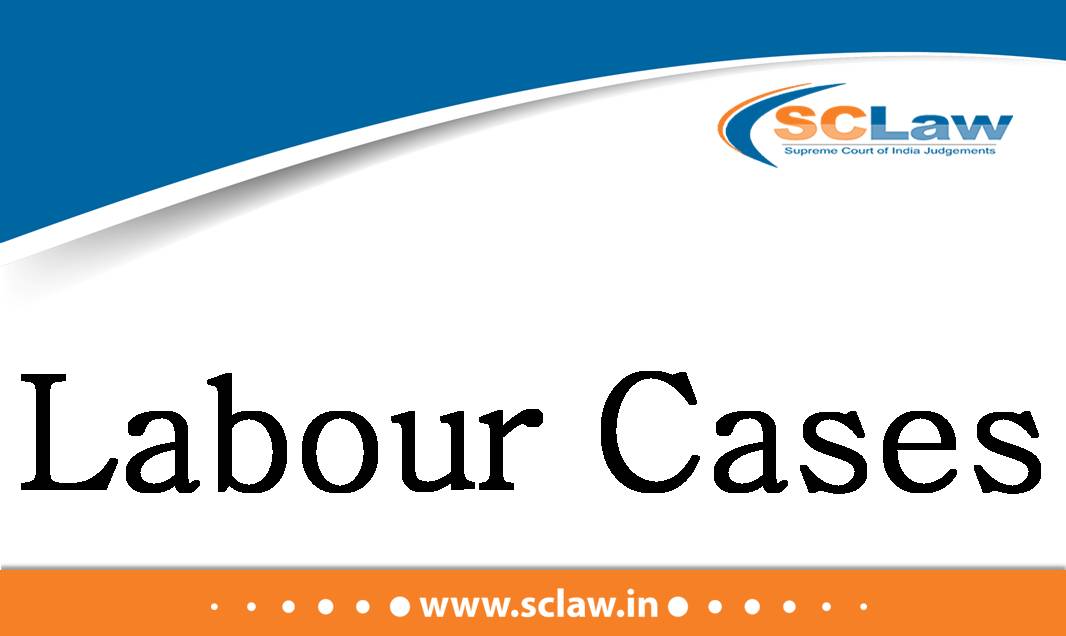Industrial Disputes Act, 1947 – Section 11A – Dismissal – Allegation of drunkenness – Its jurisdiction under Section 11A of the Act 1947 although is a wide one but it must be judiciously exercised – Judicial discretion, it is trite, cannot be exercised either whimsically or capriciously. It may scrutinize or analyse the evidence but what is important is how it does so – Award passed by the Tribunal and confirmed by the High Court under impugned judgment is not sustainable in law – Appeal allowed.
SUPREME COURT OF INDIA DIVISION BENCH STANDARD CHARTERED BANK — Appellant Vs. R.C. SRIVASTAVA — Respondent ( Before : Ajay Rastogi and Abhay S. Oka, JJ. ) Civil Appeal No(s).…


